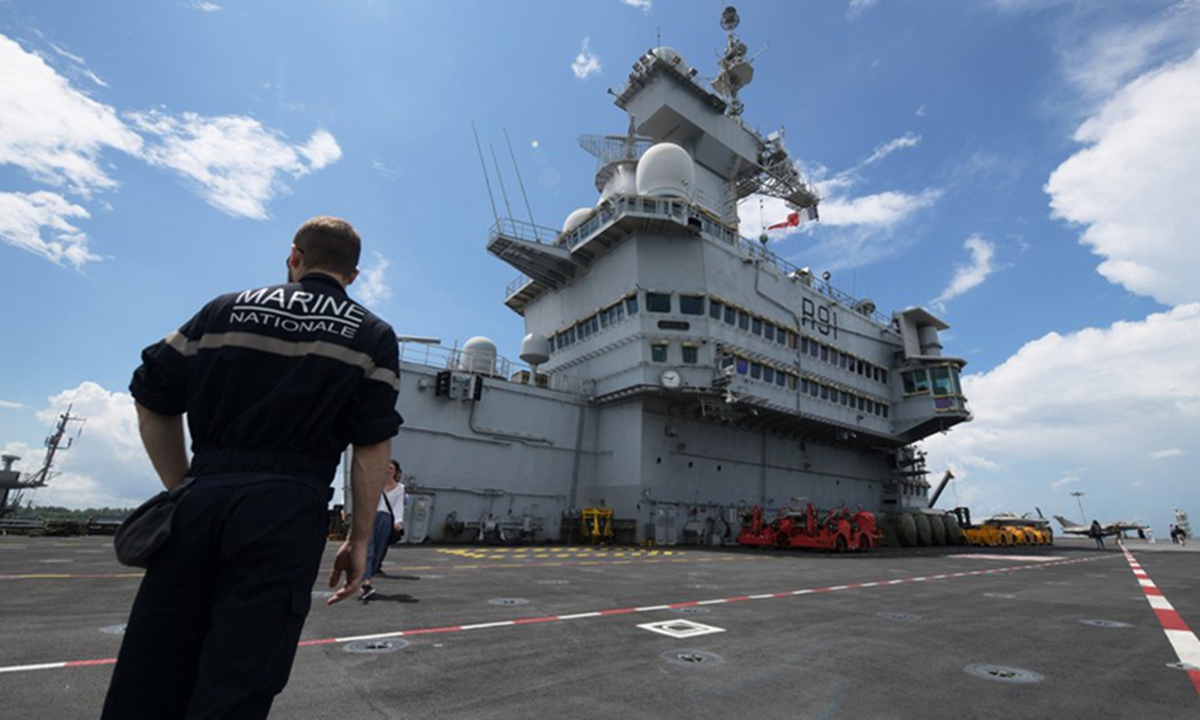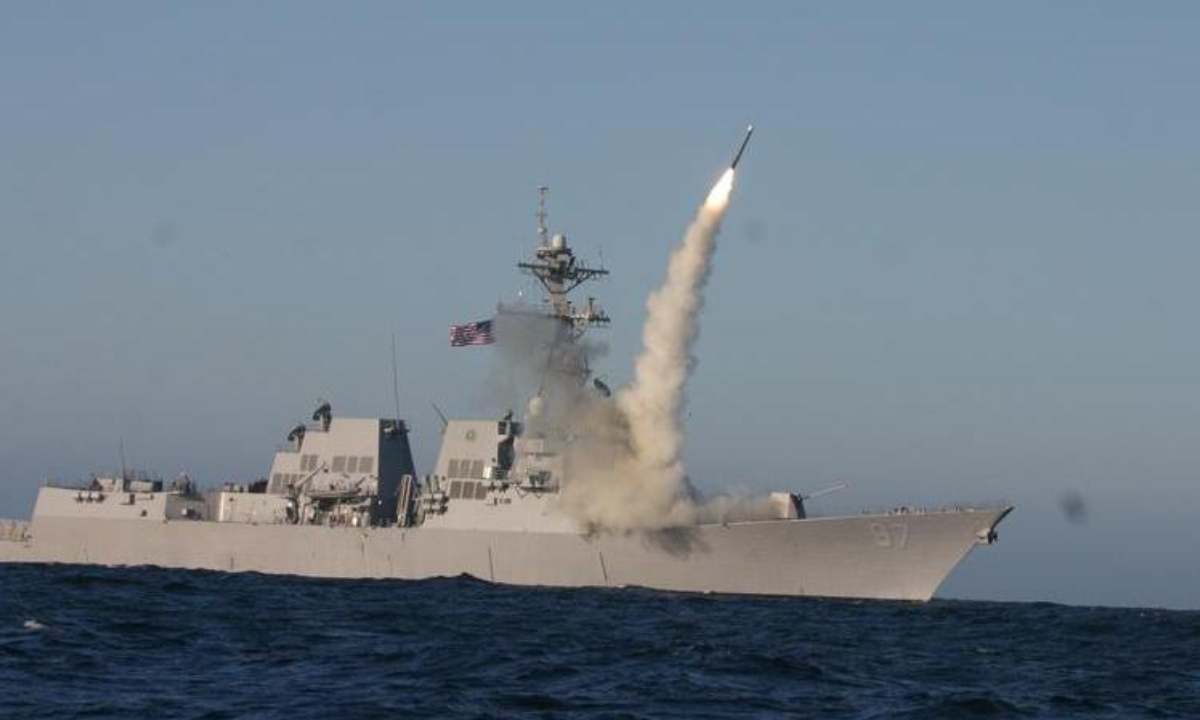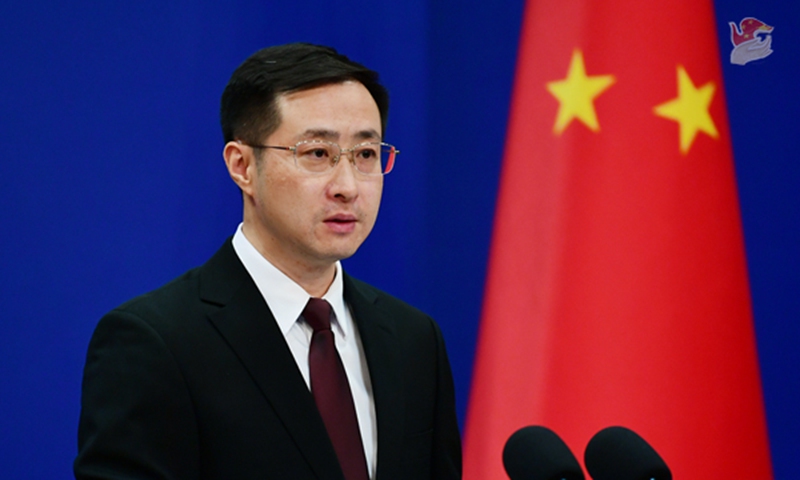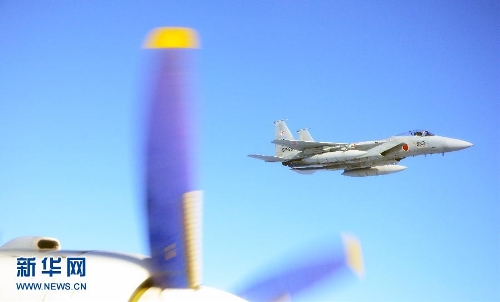French aircraft carrier's planned deployment panders to NATO's expansion into Asia-Pacific: experts

File photo taken on May 28, 2019 shows a soldier on board the French aircraft carrier Charles de Gaulle docked at Changi Naval Base, Singapore. Photo: Xinhua
The French Navy's Carrier Strike Group (CSG) is set to depart for deployment to the "Indo-Pacific" and possibly make "historic" calls to Japan and the Philippines, Naval News reported, a move that experts believe is an attempt to pander to NATO's expansion into the Asia-Pacific, which is detrimental to regional peace and stability.
The French nuclear-powered aircraft carrier Charles de Gaulle and its escort are expected to embark soon on a months-long journey that will take them to the eastern Mediterranean, the Red Sea, the Indian Ocean, and possibly the far reaches of the Pacific Ocean, and could make historic calls to Japan and the Philippines which would mark firsts, according to Naval News, a Paris-based news outlet.
The "historic visits" to Japan and the Philippines indicate that France is catering to the US' "Indo-Pacific Strategy" to a certain extent, which is an obvious signal, as the two countries are both allies of the US in the Asia-Pacific region, serving as pawns for the US to suppress and contain its strategic rivals, Zhang Junshe, a Chinese military expert, told the Global Times on Sunday.
According to a military source, one of the sequences envisaged could bring together local and less local partners such as Indonesia, Malaysia, Singapore, Australia, India, Canada, Japan and the UK around an exercise "that could focus on the theme of maritime security in the Indonesian straits," Naval News said.
"The fact of investing in the area with first-rate assets over time shows that we are becoming credible in the area and that we are becoming, as a Pacific nation, a contributing nation," said another French navy officer, the media outlet added.
As its naval officers have said, France has long been trying to showcase its national strength in the world, Zhang said, so the deployment of the French CSG in the Asia-Pacific region is also clearly geared toward expanding its political and military clout.
Zhang noted that apart from the US, France possesses the world's only nuclear-powered aircraft carrier, as well as several nuclear submarines including nuclear-powered ballistic missile submarines, giving it a certain nuclear strike capability. France's naval power sits at the forefront of the world, following such powers as the US and Russia, and is comparable to that of the UK, whose operational capabilities also hold sway in the European region as well, Zhang added.
Zhang said that the France's so-called deployment is just a staged show because its strength in this area is limited.
Recent years have seen an increasing number of NATO member states dispatching aircraft carriers and warships in an attempt to strengthen their military presence in the Asia-Pacific region.
In 2025, UK aircraft carrier HMS Prince of Wales will be deployed to the "Indo-Pacific" region at the head of a CSG, which will conduct a series of operations and exercises with partners and allies - including a port visit in Japan, the official website of the UK government said in April. The Italian navy flagship, the aircraft carrier Cavour, made its first-ever port call in Japan in August and conducted a joint exercise with the Japanese Maritime Self-Defense Force (JMSD), Kyodo News reported.
"Whether NATO countries are ramping up their military presence or performing frequent exercises in the Asia-Pacific region, such actions will undoubtedly fuel the militarization of the Asia-Pacific region, which will negatively affect the peace and stability that has been maintained in the region for decades," Zhang stressed.
The recent conflicts in Europe and the Middle East have particularly made the people of the Asia-Pacific region cherish regional peace, and neither the countries nor the people of the Asia-Pacific region want external forces to build up their military presence in the region to sow discord and intensify regional tensions, Zhang said.



